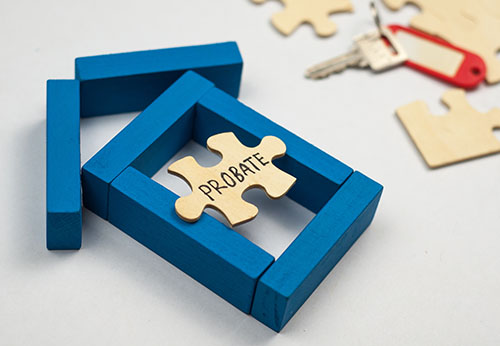How Long Does It Take To Complete The Probate Process?

The completion process can take anywhere from two months to a year or more from the day you come speak to an attorney. It will all depend on whether you are trying to sell a house or if there is an issue with a bank. That doesn’t happen if we go to court, but sometimes, we have to convince them a little more. The banks could be difficult if somebody else tried to claim something. However, we normally have it completely closed out within six months.
How Does The Probate Process Differ For A Contested Will Versus An Uncontested Will?
If a will is being contested in probate, it will go to litigation. We don’t handle litigation in court. We might do some soft opening with negotiations to resolve the issue. However, we normally know from the outset or first conversation if a will is going to be contested. If it is evident that it will be contested, we will immediately refer the case to a litigation firm because that’s what is best for the client. We recently had an issue where things got worse from where everything looked to be going at the start of the case, but we negotiated and it was taken care of. If somebody contests a will, there may be a jury trial. Handwriting experts and witnesses will have to be brought in. That in and of itself can put a stop to things due to cost and time issue. Both sides may decide it’s not worth the expense.
If there is a house involved, the house could go back to the county because nobody can afford it due to litigation. That is where having a will solves a lot of issues. If the testator, or person who has a will, openly and clearly tells everybody that they have a will, it helps with obstacles that can arise after they are gone.
Most contests transpire when somebody has capacity issues. If somebody has been diagnosed with Alzheimer’s or another disease that limits their capacity, it may not be a good idea to have them sign a will. It would be best to have them sign a will when they have the capacity to do so. We sometimes see family members trying to coerce the testator to do a different will because they don’t understand.
What Are Some Things That Can Complicate A Probate Matter In Texas?
In general, difficult banks or somebody who has an asset who doesn’t want to turn it over can complicate probate matters. There is a process to help with those issues. You can go to court and ask them to issue a show cause. The court will order them to comply. If they don’t comply, the court can find them in contempt of court and assess penalties, fines, and jail. Normally, we do a very good assessment upfront. That way, we will know of any potential issues. Anything that would come up at that time would be something that was completely unknown. For example, if part of a property is deeded to somebody, you would have to deal with the other person. That is normally where the biggest issues happen. You might have to go to the district court to seek a partition of the property, which could be a property that the other person doesn’t want to release. Most of the time, however, that is not an issue. If you plan ahead of time, you can avoid these types of issues.
The number one issue happens when somebody puts together a will on their own or does not get it fully completed with an attorney. I remember an instance where a will was drafted by an attorney but the client didn’t want to pay the attorney for the signing session. As a result, they took the will to the DMV office. They used two employees as witnesses and another employee as the notary. Unbeknownst to them, one of the witnesses had just been married. On one page she signed it with her maiden name while on the next page, she signed it with her married name. The court required us to track her down, which took a year, so that she could testify in court. That is one of the problems with do it yourself wills.
You can do a will on your own. It’s definitely cheaper. However, is it actually doing what you want it to do? Did you execute it properly? Those are the main reasons to have an attorney involved in the estate planning process.
For more information on Timeline Of Probate Process In Texas, an initial consultation is your next best step. Get the information and legal answers you are seeking by calling (512) 843-8955 today.

CALL FOR CONSULTATION
(512) 843-8955
*Most Consultations Free Of Charge

